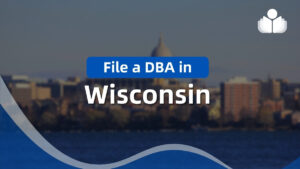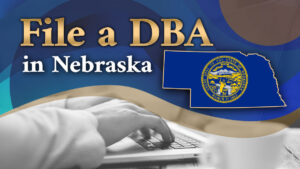The following guidelines ensure the ethics management program is operated in a meaningful fashion:
1. Recognize that managing ethics is a process.
Ethics is a matter of values and associated behaviors. Values are discerned through the process of ongoing reflection. Therefore, ethics programs may seem more process-oriented than most management practices. Managers tend to be skeptical of process-oriented activities, and instead prefer processes focused on deliverables with measurements. However, experienced managers realize that the deliverables of standard management practices (planning, organizing, motivating, controlling) are only tangible representations of very process-oriented practices. For example, the process of strategic planning is much more important than the plan produced by the process. The same is true for ethics management. Ethics programs do produce deliverables, e.g., codes, policies and procedures, budget items, meeting minutes, authorization forms, newsletters, etc. However, the most important aspect from an ethics management program is the process of reflection and dialogue that produces these deliverables.
2. The bottom line of an ethics program is accomplishing preferred behaviors in the workplace.
As with any management practice, the most important outcome is behaviors preferred by the organization. The best of ethical values and intentions are relatively meaningless unless they generate fair and just behaviors in the workplace. That’s why practices that generate lists of ethical values, or codes of ethics, must also generate policies, procedures and training that translate those values to appropriate behaviors.
3. The best way to handle ethical dilemmas is to avoid their occurrence in the first place.
That’s why practices such as developing codes of ethics and codes of conduct are so important. Their development sensitizes employees to ethical considerations and minimize the chances of unethical behavior occurring in the first place.
4. Make ethics decisions in groups, and make decisions public, as appropriate.
This usually produces better quality decisions by including diverse interests and perspectives, and increases the credibility of the decision process and outcome by reducing suspicion of unfair bias.
5. Integrate ethics management with other management practices.
When developing the values statement during strategic planning, include ethical values preferred in the workplace. When developing personnel policies, reflect on what ethical values you’d like to be most prominent in the organization’s culture and then design policies to produce these behaviors.
6. Use cross-functional teams when developing and implementing the ethics management program.
It’s vital that the organization’s employees feel a sense of participation and ownership in the program if they are to adhere to its ethical values. Therefore, include employees in developing and operating the program.
7. Value forgiveness.
This may sound rather religious or preachy to some, but it’s probably the most important component of any management practice. An ethics management program may at first actually increase the number of ethical issues to be dealt with because people are more sensitive to their occurrence. Consequently, there may be more occasions to address people’s unethical behavior. The most important ingredient for remaining ethical is trying to be ethical. Therefore, help people recognize and address their mistakes and then support them to continue to try operate ethically.
8. Note that trying to operate ethically and making a few mistakes is better than not trying at all.
Some organizations have become widely known as operating in a highly ethical manner, e.g., Ben and Jerrys, Johnson and Johnson, Aveda, Hewlett Packard, etc. Unfortunately, it seems that when an organization achieves this strong public image, it’s placed on a pedestal by some business ethics writers. All organizations are comprised of people and people are not perfect. However, when a mistake is made by any of these organizations, the organization has a long way to fall. In our increasingly critical society, these organizations are accused of being hypocritical and they are soon pilloried by social critics. Consequently, some leaders may fear sticking their necks out publicly to announce an ethics management program. This is extremely unfortunate. It’s the trying that counts and brings peace of mind — not achieving an heroic status in society.
What do you think?
————————————————————————-
Carter McNamara, MBA, PhD – Authenticity Consulting, LLC – 763-971-8890
Read my weekly blogs: Boards, Consulting and OD, Nonprofits and Strategic Planning.
 Sections of this topic
Sections of this topic
















